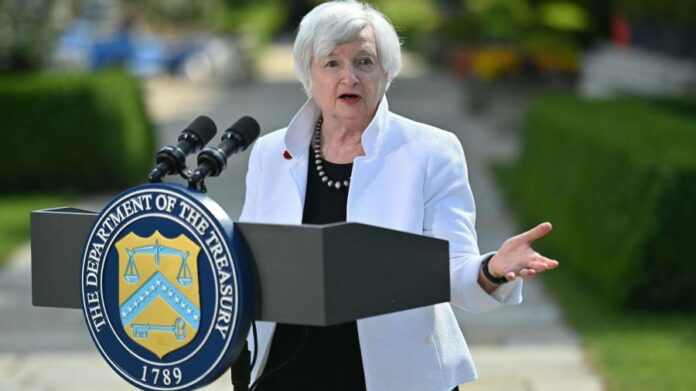The writer is a professor of law at Fordham University and co-led negotiations on the global minimum tax for the US
For too long, multinational corporations have been able to artificially shift profits to tax havens. Meanwhile, workers, whose labour income is less mobile and easier to police, had to make up for the inability of governments to tax the capital income of companies in the form of higher taxes on their wages.
Soon, however, these detrimental dynamics will end. Last week, the EU set in motion the worldwide implementation of a global minimum tax, which will ensure that corporations face at least a 15 per cent tax no matter where their profits are earned. Workers and families will benefit from those new resources and a more equitable tax system, and US companies will be more competitive against foreign counterparts who will now face a similar level of tax.
The unanimous agreement by EU member states brings to an end a period of doubt as to whether the world would follow through on the commitment made by governments in 2021 to enact the global minimum tax. This uncertainty was sown by corporate lobbyists, who derailed the Biden administration’s plans to take the additional steps necessary to fully implement the measure in the 2022 Inflation Reduction Act. They argued that the US should not be the first country to implement the agreement.
Implementation of the global minimum tax by the EU was also delayed by the blocking tactics of the Hungarian government. Hungary’s prime minister, Viktor Orbán, was encouraged by certain members of Congress who wished to prevent the US implementing the measure by thwarting it in Europe first.
But the EU’s action last week will spur other countries to implement the deal, with the UK, Japan and others already poised to follow suit.
The global minimum tax is underpinned by strong enforcement rules, which ensure that corporations with effective tax rates below 15 per cent will pay a top up tax to implementing jurisdictions. This means countries will lose revenues to other nations if they themselves do not enshrine the global minimum tax in law. Their corporations will owe the 15 per cent minimum levy regardless. So it really doesn’t pay to stand outside the deal.
If Congress fails to act, American corporations will pay taxes to other countries that could be paid to the US instead. Lawmakers missed their opportunity to lead the world in implementing the global minimum tax in 2022. They must not pass up another chance to follow other major economies in doing so.
The next opportunity to take the additional steps necessary to bring the US minimum tax in line with the global one is likely to come in 2025 with the expiry of the individual tax cuts in the Tax Cuts and Jobs Act passed by the Trump administration in 2017. Although this seems a long way off, both parties in Congress will begin setting their priorities for this bill in the new year.
Because of the global tax deal, nations will begin to compete on real economic attributes such as the strength of their workforce and their ability to innovate, instead of on rock-bottom corporate tax rates and the capacity of their corporations to arbitrage differences in national tax systems. That is a race the US can win.
The global minimum tax will also be a victory for democracy, which explains why Orbán and his cronies wished to see it die. It will contribute to citizen participation by creating a more equitable society.
Acting in concert, nations can ensure that global capitalism works for their citizens, while at the same time creating a level playing field on which companies can compete. Furthering these goals through US enactment of the global minimum tax into law should be something both Republicans and Democrats can get behind.






